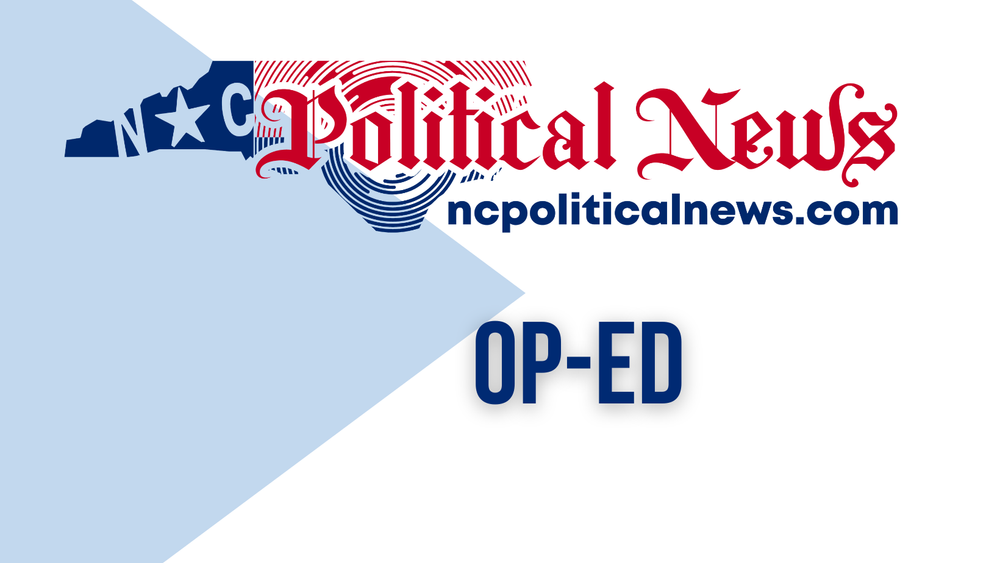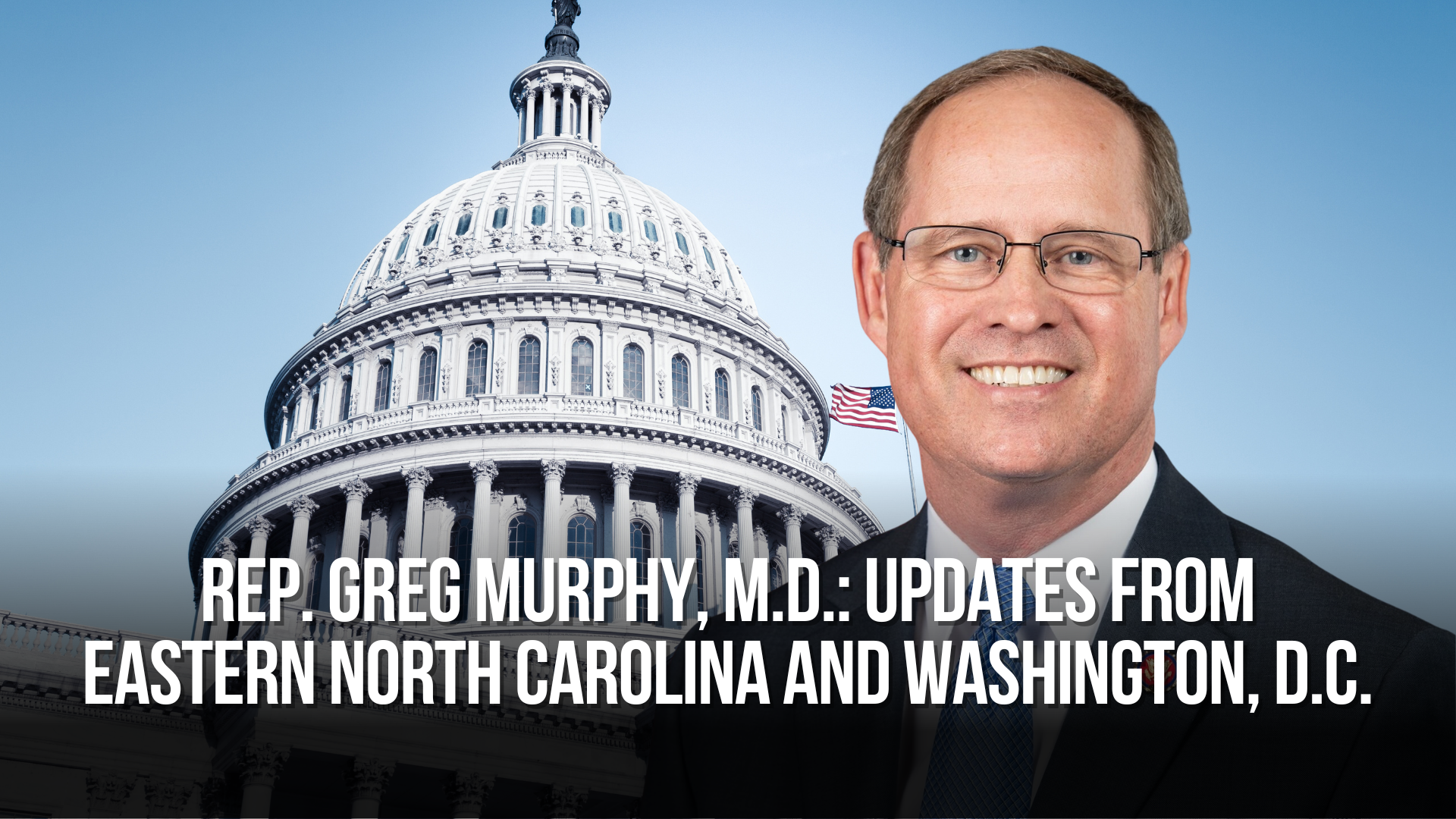John Hood: To fix our politics, try conversation
RALEIGH — At the start of each North Carolina Leadership Forum, we ask our participants to introduce themselves by telling a story about a person or experience that helped make them who they are today.
Although I co-founded NCLF, based at Duke University, I can’t claim credit for this idea. It was my colleague Leslie Winner — a former state senator and foundation executive — who suggested we adapt it from another public-discourse program.
Since 2016, NCLF has brought together hundreds of leaders to talk about controversial issues. Our participants include public officials, business executives, nonprofit managers, and other civic leaders. They come from across North Carolina — and from across the political divide.
These are all busy people. At that first meeting, they usually expect us to dive right into our chosen topic (which this year will be how North Carolina should conduct its elections). Instead, we ask each to share a deeply personal story.
This isn’t misdirection. NCLF programs really are about robust conversation, even spirited debate. But fostering constructive engagement across political difference is possible only after building rapport. Trust me, it works.
On second thought, don’t just take my word for it. Try reading Alexandra Hudson’s new book The Soul of Civility: Timeless Principles to Heal Society and Ourselves. “Our contemporary social divisions have caused many people to end friendships or family relationships over differences in belief,” she writes. “This happens because we don’t make the distinction between people’s views and the people they are.”
Deftly combining personal narrative, cogent argument, literary allusion, and historical example, Hudson urges readers not to despair about our present state of discourse but to do something about it.
For starters, we can all practice such virtues as patience, prudence, and tolerance. “Aristotle said that a city is a partnership for living well,” she writes. “He understood that friendship was the building block of a city, and that civil habits were the building block of friendship.”
Central to her argument is a distinction between the terms politeness and civility. The former, derived from a Latin word meaning to polish or make smooth, is about outward appearances. It is a technique, Hudson explains, sometimes even “a spectacle.” By contrast, civility comes from the Latin civilis, which denotes the status, conduct, and character required to be a fully realized member of a community, a civitas. It’s about who you are, or at least who you aspire to be, not how you look.
When we encounter others with whom we strongly disagree, the polite thing to do may be to change the subject, guard our tongues, or just walk away. Civility demands more of us. We shouldn’t demonize, ridicule, or try to destroy each other, to be sure, but that’s just the bare minimum of right conduct.
At each launch of a North Carolina Leadership Forum, I quote the conservative writer G.K. Chesterton’s insight that “people generally quarrel because they cannot argue.” A good argument isn’t performative. It requires active listening — that is, listening closely to alternative views not simply for the purpose of rebuttal but so you can truly understand why others think what they think.
While NCLF welcomes opportunities to find consensus among leaders, it leans harder into areas of disagreement. In healthy communities, we don’t assume that those with whom we differ must be dishonest, stupid, or evil. Such mutual respect makes it possible to work and live together. As messy as that can be sometimes, it sure beats the alternative.
Hudson makes precisely this point in The Soul of Civility. And like NCLF, she stresses how storytelling can build relationships, impart wisdom, and reveal truth. One of the first stories in recorded history, the epic of Gilgamesh, is itself a meditation on civility — how a cruel and egotistical tyrant became a better leader through friendship with a former enemy, Enkidu.
Our politics has become a cacophony of cruelty. The answer isn’t silence. It’s conversation. And it begins with an invitation: tell me your story.
John Hood is a John Locke Foundation board member. His latest books, Mountain Folk and Forest Folk, combine epic fantasy with early American history (FolkloreCycle.com).
Are you tired of being bombarded by paywalls and pop-up ads when trying to read the news? Do you believe that access to reliable political news should be free and accessible to everyone? Then we urge you to support NC Political News, a weekly electronic political news outlet.
NC Political News is committed to providing high-quality, unbiased political reporting with columnists from all political sides. Unlike other news outlets, NC Political News is free to read and supported by businesses who purchase ad space on our website and in our newsletter, which goes out Monday through Friday at 7:00 am. This means that readers like you can access the news without being asked to pay a cent or dealing with frustrating advertisements.
However, to continue providing this valuable service, NC Political News needs your support. If you believe in the importance of accessible, free news, we urge you to click the image below. Any amount of support is appreciated.
Together, we can keep the news free and help ensure our state stays informed and connected.




